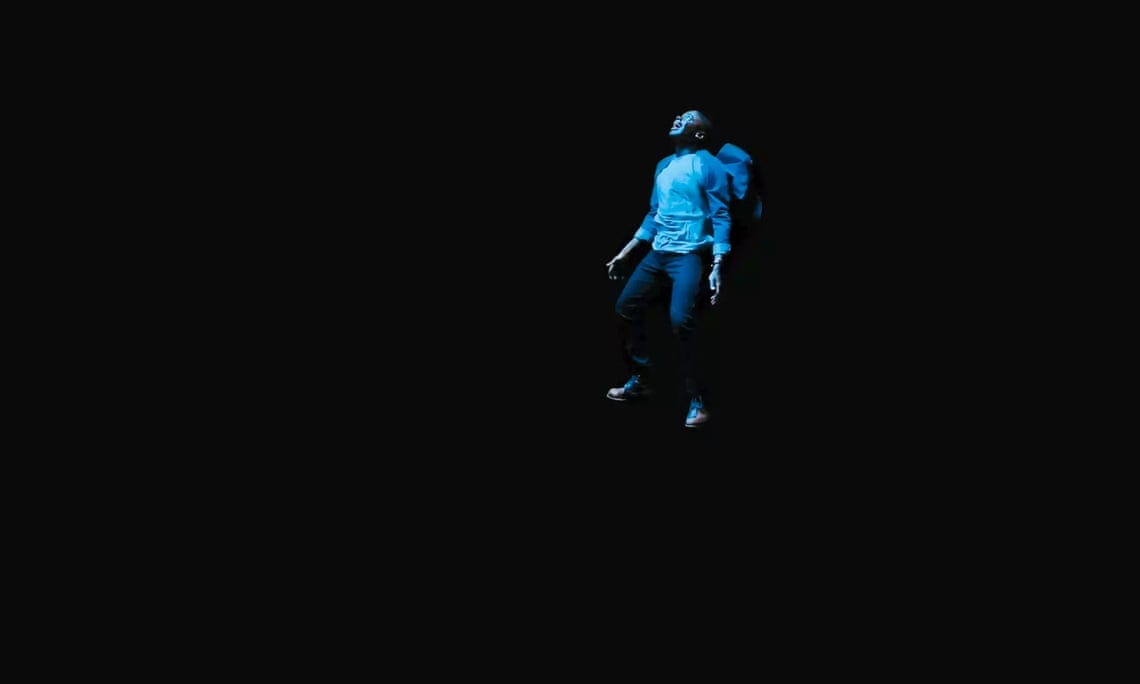links: some words on the Black films we watch.
Looking back on some of the recent writing on Black films.

As I write this, a group of protesters marches down the street, chanting “No justice, no peace” and calls to say their names. By the time you read this, it will have been two weeks since the first protests ignited by the murder of George Floyd by a white police officer.
These protests have advanced a conversation of the accountability of non-Black people to educate themselves in the Black experience to learn to be better Antiracists. One way of educating ourselves includes watching films about Black stories told by Black storytellers.
But I also wanted to look back at some of the conversations conducted when these films released, what critics and thinkers had to say about the Black filmmakers who made them, what Black audiences felt during those conversations. Here are a few pieces to read.
Revisiting one of my favorite voices for The New Yorker, Doreen St. Félix, for her tribute to John Singleton, the filmmaker responsible for Boyz n the Hood, Poetic Justice, and other contributions to Black cinema.
Sticking with The New Yorker and a pair of enthusiastic Richard Brody reviews of Jordan Peele films, Get Out and Us.
Get Out inspired some of the most thought-provoking film writing in the last few years. For The Outline, Tolulope Ediowe wonders if the true horror of Get Out is in the inability of white liberals to recognize themselves in the story (The titled of the essay: American Psychos). Another is Alex Rayner’s Guardian explainer on how the Sunken Place became a shorthand for “a widely felt political and social mood of liberal inertia and unspoken white supremacist hegemony.”
Another from The Outline (rip), this one a profile on Boots Riley, the writer and director of Sorry to Bother You.
The Atlantic gives a sendup to Sorry to Bother You and it’s Kafka-esque critique of modern capitalism (and fatalism). The piece has a poignant quote from Riley:
“There’s a Black Lives Matter movement that’s happening that is making artists have to think about their world … Movements and revolutions open up the space a little bit and artists can try to open it up a little more.”
Here Boots Riley’s three-page rebuff of Spike Lee’s Blackkklansman. Riley outlines the historic inaccuracies and movie-making liberties that make the police appear to be allies in the fight against racism and white supremacy.
“So for Spike to come out with a movie where a story points are fabricated in order to make [a] Black cop and his counterparts look like allies in the fight against racism is really disappointing, to put it very mildly.”
Spike Lee is no stranger to criticism. He’s long, illustrious career has been filled with criticism. Vulture pulled some of the criticism directed his way after the release of Do the Right Thing in 1989. Hmm:
“When some white policemen arrive and kill a black boy, the crowd, enraged, riots, taking revenge on the nearest white property. Rather than attacking the police, the rioters attack a symbolic target, and that part of the movie is hard to justify.”
I pulled an anonymous female Academy member’s 2015 comments about the cast of Selma, a film based on the Selma to Montgomery voting rights marches, for their support of Black Lives Matter movement in the wake of protests in honor of Michael Brown and Eric Garner:
“I've got to tell you, having the cast show up in T-shirts saying "I can't breathe" [at their New York premiere] — I thought that stuff was offensive. Did they want to be known for making the best movie of the year or for stirring up shit?”
Maya Phillips has a great piece for Polygon on the new wave of police-brutality movies and how they put the burdens in the wrong place.
Tasha Robinson’s review of Moonlight for The Verge is worth revisiting nearly as much as the film itself.



